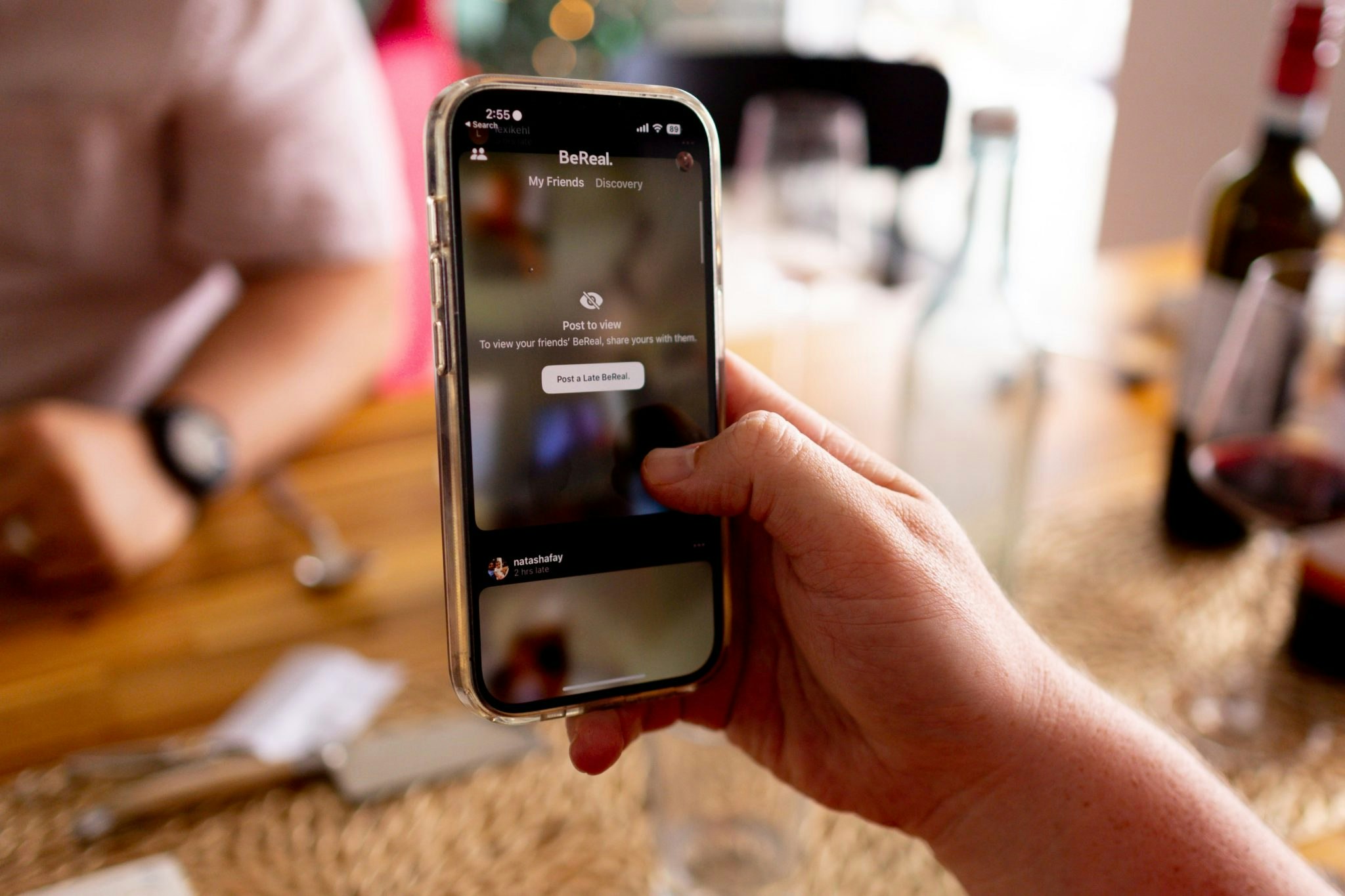You might not know the name Alex Kearns, but you might be familiar with his story. The twenty-year-old took his own life when he wrongly assumed that he had lost $750,000 in trading options on the fintech app Robinhood. He tried contacting customer service three times, but only received automated messages. (Robinhood has since promised to triple the size of its full-time customer support team and double the number of full-time customer support reps.)
This is a powerful parable for all startups today. A generation of fast-growing tech companies has got by with no customer service or only automated options as they rushed products to market. That era is over. If you’re going to be a successful startup in the next decade and protect your reputation, your customers need to be able to speak to another human being when they need help.
So what has changed?
So why has customer service become so important (again)? We’re in an era of frenzied venture dealmaking, when tonnes of startups are flush with cash. As the number of these VC-backed startups has risen, so has competition with other startups with the same business models. If everyone has the same idea, then companies have to focus on retaining customers and reducing churn.
And nothing is a bigger turnoff for customers than bad customer service. Especially when it comes to important, emotional decisions in their life like money or mental health, areas that more and more startups are catering to.
Regulators are also waking up. In Spain, the government may soon force banks and utility services to provide free 24-hour customer support with trained consultants rather than an automated messaging service. The proposal is aimed to make essential businesses accessible for vulnerable categories of customers, as well as put an end to the endless labyrinths of phone trees when you need to report fraud.
The draft of the law, even if not accepted, indicates more consumers want personal service.
Complete automation isn't an option, as the pandemic showed us
Generally, automating customer service is the right move. Some of the world’s most sophisticated companies —from Nvidia to Amazon — are piling in. But, it can go wrong when startups try to save money and completely substitute people with AI.
63% of customers are happy to deal with a chatbot if there is an option to escalate the case to a human.
This is all the more pertinent as the pandemic drags on. Customers who’ve been in isolation want a seamless digital experience, but they also are craving human interaction. We’ve seen that during Covid-19, people called more regarding basic issues that they used to resolve online — just to make sure their problems were definitely taken care of. The more anxious customers are, the less they rely on AI. And good old personal accountability makes customers feel confident that their issues will get resolved.
The pandemic also demonstrated that failing to provide customers with the ability to immediately contact the customer support agent can bury a startup’s reputation. More than 80% of consumers said that Covid customer service needed to be more empathetic and responsive than it had been before — a hard thing to achieve with a chatbot. Let’s not forget the lessons of the pandemic.
Talking to a person — the most desired product feature in 2022?
Some major tech companies are already taking note. In 2021 Coinbase increased its support staff by five times and promised 24/7 phone support and live chat options in the near future. The company also acquired the AI-operated customer support platform Agara for $40 million.
Two-thirds of companies already say that customer experience is one key dimension on which they compete. There’s no reason that human customer support can’t be a competitive advantage either. “Talking to a person” could be the most daring and desired feature of any startup product in 2022. Customers should feel taken care of and understood — something we all strive for after a turbulent couple of years.


